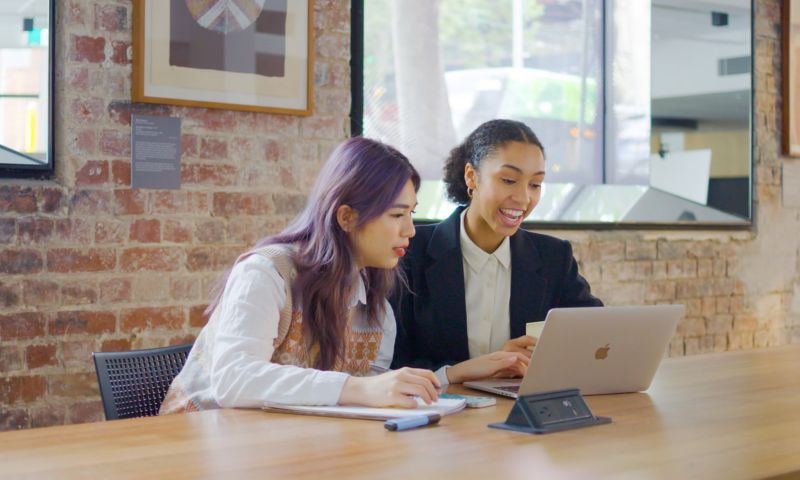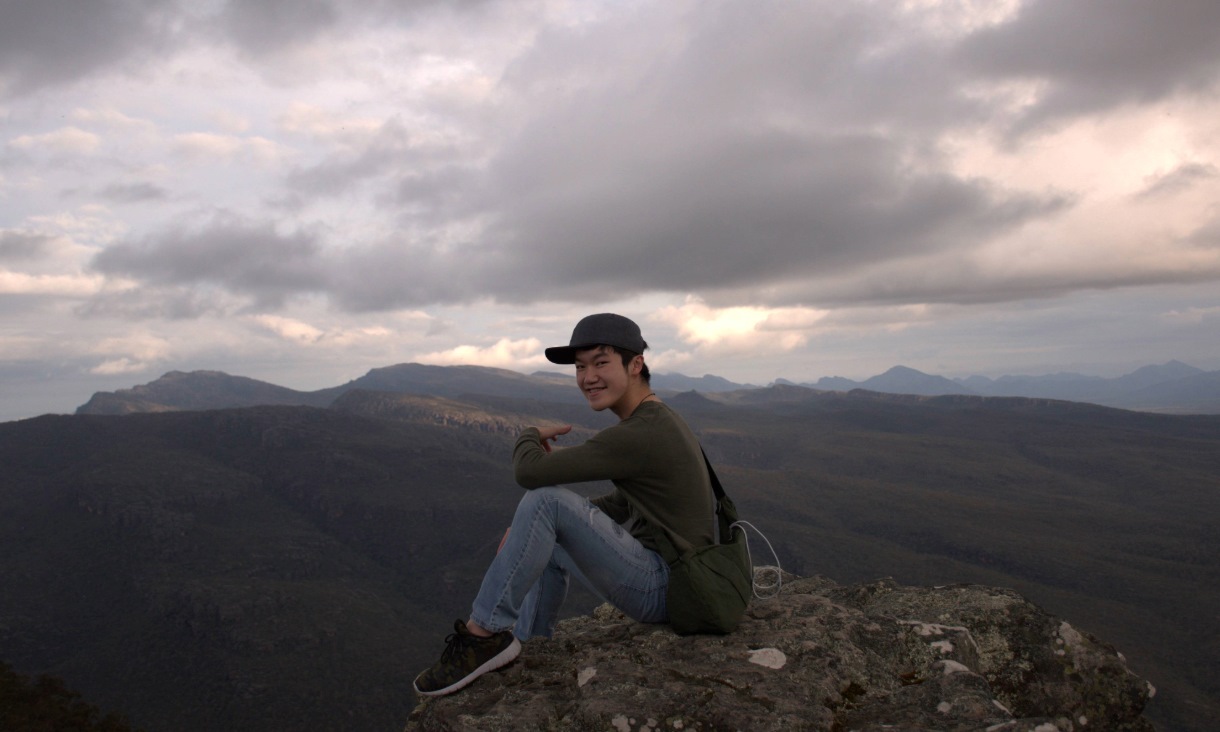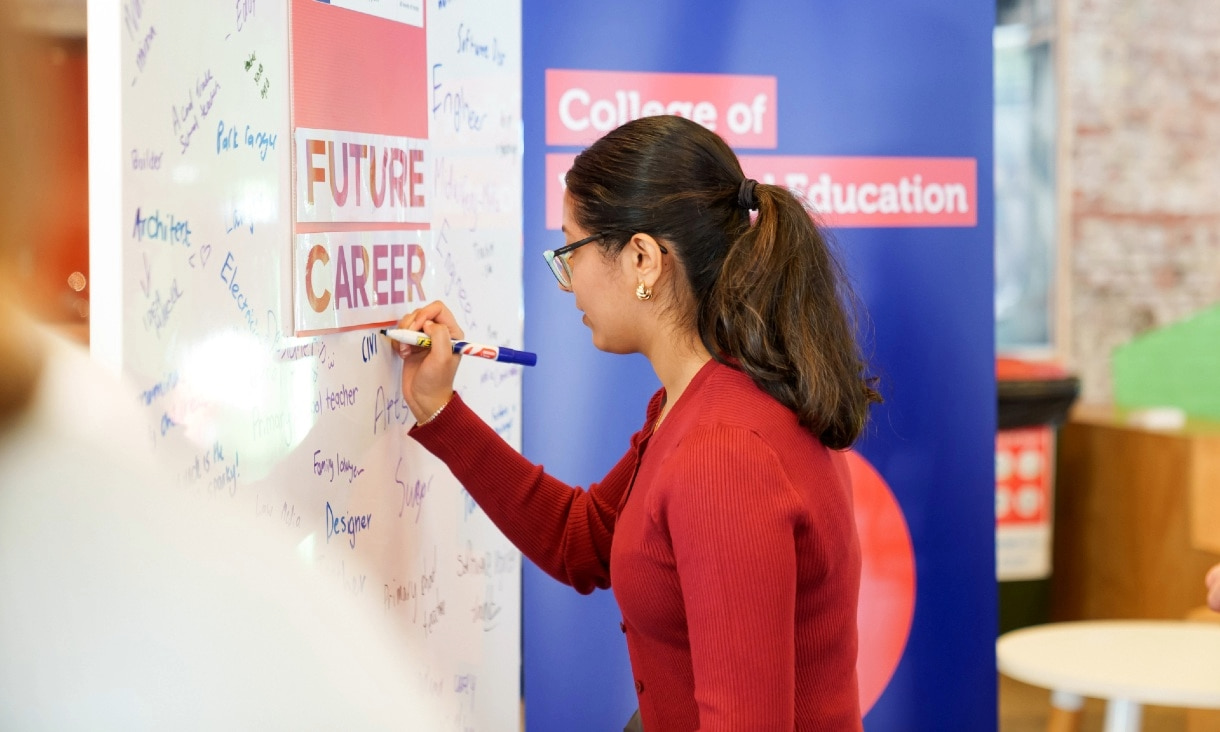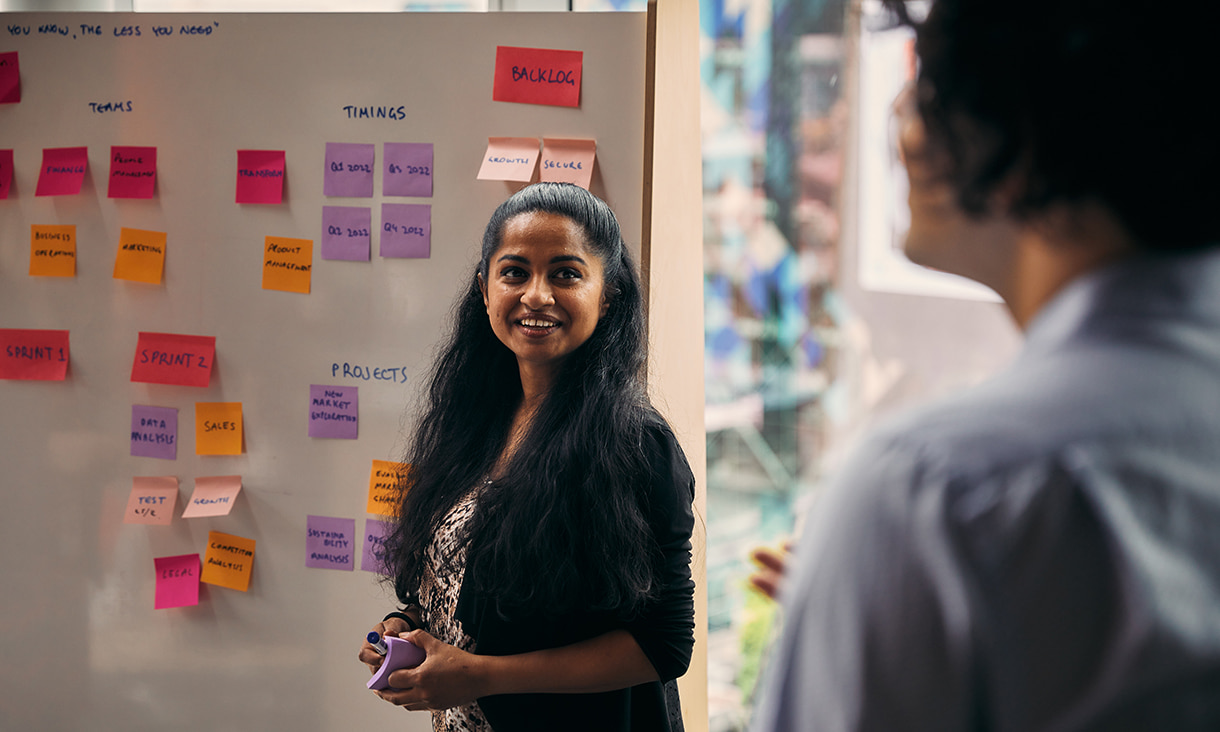Doing an internship that isn't directly linked to your field of study might be sound like a strange idea, but it can increase your opportunities post-graduation when you’re looking for a full-time job. Taking up an internship that doesn’t directly align to your degree title is a sign that you’re versatile, adaptable and open to new experiences. It’s also an opportunity to broaden your career horizons and discover new ideas about yourself and your future.
Mun Wai, a Bachelor of Psychology graduate from Malaysia, completed an internship with the RMIT Centre for Industrial AI Research and Innovation (CIARI). Although an AI research centre isn’t somewhere he imagined he’d be gaining work experience, he says it’s given him the opportunity to apply what he learnt throughout his degree in a research environment.
"I had to do a compulsory placement subject for my psychology degree. So by that time, I was already looking for placement opportunities or internships.
“I decided to start asking some of my lecturers. One of them took me on because he was doing a research project on an AI tool that can help determine the causal factors of success and failures. So that's where the internship started.
“Because I worked with them and we saw progress, I talked to my supervisors about an extension, and that led me to a paid internship with them this year! So now I am interning as a research assistant and data analyst for the team. I’ve learnt a lot about data analysis, but also understanding how to apply what I've learned in my psychology degree and how I can use that to make sense of information.”
Although the internship has helped sharpen many of his hard skills, Mun Wai believes that the most important lesson he’s learnt is about working with people.
“One of the things they told me when I first started was to ‘check in early and check in often.’ It's a very simple thing, but it's a habit to develop.
“Before I started, I tended to be a perfectionist. I used to have the habit of solely relying on my own ability, but that doesn’t really apply to real work because work is all about incremental progress. So I think the biggest things I’ve learned are how to work effectively with the people you're in a team with, and how to adapt to changes as they come.”
And if he had to give one piece of advice to aspiring interns, Mun Wai says it would be to seek opportunities in all kinds of places.
“There is more than one way forward. And there is no best way, or perfect way. Some progress is always better than none.”

.jpg)






